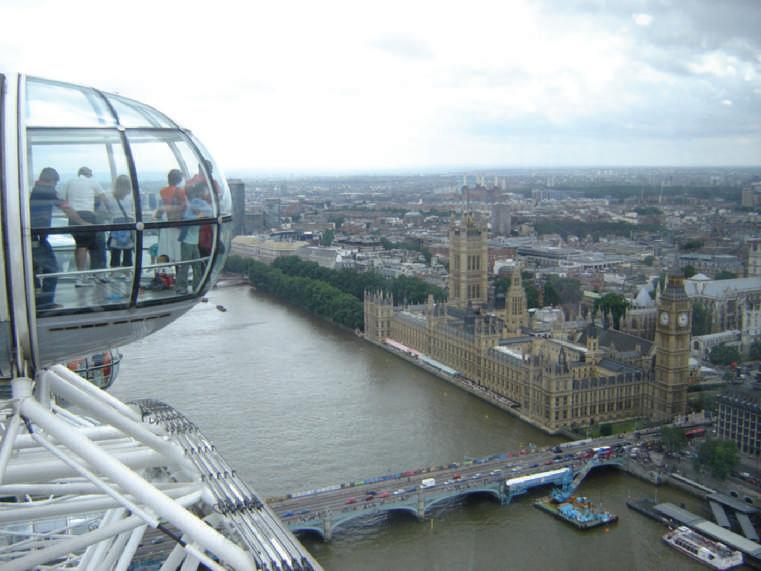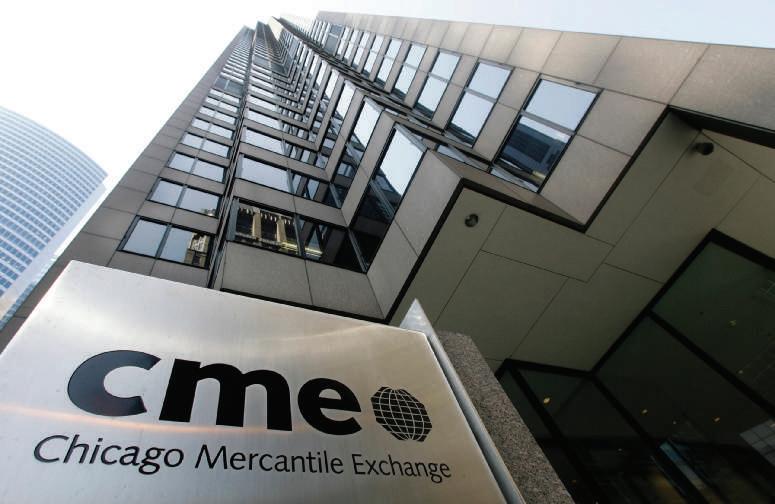
1 minute read
1-3b Transparency of Political Institutions
The WTO is responsible for interpreting trade laws and resolving dispute brought by member countries.
SALVATORE DI NOLFI/EPA/Newscom
Advertisement
results from a cumulative process.12 Within each country, institution building may stall or reverse over time because of political conflicts or economic, social, and cultural conditions. Merely establishing institutions will not be enough: They must be effective, and people must want to use them ethically. Successful institutions play three important roles: They channel information about market conditions, goods, services, and participants; they define property rights and contracts, determining who gets what and when; and they promote competition and innovation in markets.
Many people believe that globalization addresses economics, information technology, and business culture. But, before markets, modems, and manufacturers can work, appropriate political systems must also be in place. The foundations of the globalized business world are political—and so are the biggest threats to the system.13 Technocrats, especially in the Americas, Asia, and Europe, are struggling to convince their citizens that globalization does not just benefit the rich. If these technocrats are unable to successfully convey the nationwide benefits of globalization in any of the 10 major world economies listed in Exhibit 1.2, then globalization could unravel.
The political change that accelerated the globalization process in the recent past took place during a relatively short period (1978–1991). It started in 1978 with China moving away from Maoism to market reforms, followed by Thatcherism in 1979 in the United Kingdom, Reaganomics in 1980, the creation of the European Union in the mid 1980s, and the 1989 collapse of the Berlin wall and the Soviet Union. Finally in 1991, when India faced a balance of payments crisis, through IMF support, it was forced to dismantle bureaucratic regulation and protectionism that had hobbled its economy for decades. Thus, in a span of less than 13 years, the political elites in the world’s major power centers came to similar conclusions. They embraced globalization and a move toward free-market economics.
Yet, in all of these countries it appears that the poor have suffered as a result of globalization due to increased global competition and decreased subsidies for basic items, such as cooking fuels and food. The World Bank encourages political institutions and leaders to be






